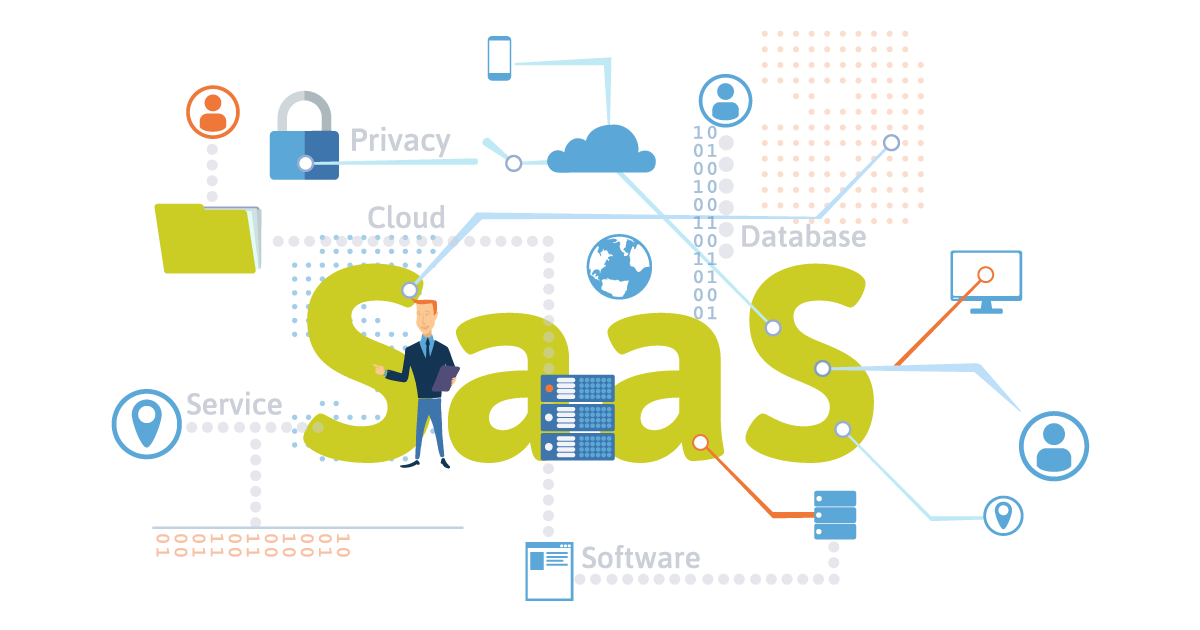The ever-accelerating pace of technological innovation has brought us to the threshold of a new era, one defined by the transformative force of Artificial Intelligence (AI). As we embark on this remarkable journey, it is essential to explore the AI technology advancements, the unfolding tapestry of Machine Learning Future, and the profound AI’s impact on society that lies ahead.
The AI Renaissance: A Glimpse into the Future
The future of Artificial Intelligence is a symphony of possibilities, composed of groundbreaking developments and paradigm-shifting trends. Let’s embark on a voyage into the uncharted waters of AI’s future.
1. AI in Healthcare
The convergence of AI and healthcare promises revolutionary advancements. AI-driven diagnostic tools, predictive analytics, and personalized treatment plans are set to transform the medical landscape. Imagine a world where AI assists doctors in identifying diseases at their earliest stages, providing more precise diagnoses, and optimizing treatment regimens tailored to individual patients.
2. AI-Powered Autonomous Vehicles
Self-driving cars are no longer a futuristic dream but a looming reality. AI-driven autonomous vehicles are poised to reshape transportation, offering safer, more efficient, and environmentally friendly options. As AI algorithms continue to mature, we can expect an expansion of autonomous transportation into industries beyond personal cars, such as delivery drones, trucks, and public transit.
3. The Quantum Leap: Quantum AI
Quantum computing, with its immense computational power, is set to unlock new frontiers in AI. Quantum AI algorithms will tackle complex problems that were previously insurmountable, revolutionizing fields like cryptography, drug discovery, and materials science. The fusion of quantum computing and AI will propel us into an era of unprecedented technological exploration.
4. AI in Education
AI’s impact on education extends far beyond virtual classrooms. Adaptive learning systems powered by AI will cater to individual students’ needs, providing personalized educational paths. AI-powered virtual tutors will offer real-time assistance, fostering lifelong learning and democratizing education access.
5. Ethical AI and Responsible AI Development
As AI’s influence grows, so does the importance of ethical considerations. The future demands responsible AI development, ensuring transparency, fairness, and accountability. Regulatory frameworks will evolve to address AI’s ethical challenges, shaping an AI landscape that aligns with human values and societal norms.
AI Technology Advancements: The Engines of Transformation
Behind these visionary possibilities lie the core advancements in AI technology that fuel its evolution.
1. Deep Learning Breakthroughs
Deep learning, a subset of machine learning, continues to make strides. Advancements in neural network architectures, training techniques, and hardware acceleration are pushing the boundaries of what AI can achieve. The future promises more efficient and accurate deep learning models capable of handling increasingly complex tasks.
2. Natural Language Processing (NLP) Evolution
NLP, a subfield of AI, is on the cusp of transformation. Future NLP models will possess a deeper understanding of context, allowing for more human-like interactions. Multilingual models will bridge language barriers, facilitating global communication and information access.
3. Reinforcement Learning Mastery
Reinforcement learning, the foundation of AI agents that learn through trial and error, will see significant improvements. As AI systems become better at making decisions and adapting to dynamic environments, applications in robotics, autonomous systems, and gaming will flourish.
4. AI Hardware Advancements
AI’s progress is intrinsically tied to hardware. Specialized AI hardware, including Graphics Processing Units (GPUs) and Application-Specific Integrated Circuits (ASICs), will become more powerful and energy-efficient. Quantum computing hardware will become more accessible, catalyzing quantum AI research.
Machine Learning Future: The Heartbeat of AI
Machine learning, a cornerstone of AI, will continue to redefine our world.
1. Federated Learning
Federated learning, a decentralized approach to machine learning, will gain prominence. It enables AI models to be trained collaboratively on data distributed across devices or institutions without compromising privacy. Federated learning will underpin secure and privacy-aware AI applications.
2. AI-Powered Creativity
AI’s creative prowess will expand. We will witness AI-generated art, music, literature, and even scientific hypotheses. AI will collaborate with humans in creative endeavors, offering novel perspectives and pushing the boundaries of human ingenuity.
3. Explainable AI (XAI)
As AI systems become increasingly complex, the need for explainability grows. XAI techniques will allow us to understand and trust AI’s decision-making processes. This is crucial, especially in critical applications like healthcare and finance.
4. AI in Cybersecurity
Cybersecurity will lean heavily on AI to combat evolving threats. AI-driven threat detection and response systems will proactively defend against cyberattacks, staying one step ahead of malicious actors.
AI’s Impact on Society: Challenges and Opportunities
AI’s far-reaching influence brings both transformative opportunities and complex challenges.
1. Employment Landscape
AI’s automation potential raises questions about the future of work. While some jobs may be displaced, new opportunities in AI-related fields will emerge. Reskilling and lifelong learning will be essential for individuals to thrive in the AI-driven economy.
2. Healthcare Revolution
AI’s integration into healthcare promises better patient outcomes and healthcare access. Remote monitoring, early disease detection, and precision medicine will enhance healthcare delivery. However, ethical concerns regarding patient data privacy and AI biases must be addressed.
3. Ethical AI Dilemmas
The ethical implications of AI are profound. Questions surrounding bias in AI algorithms, autonomous weapon systems, and AI’s impact on human rights demand ongoing ethical deliberation and regulation.
4. Environmental Impact
AI’s computational demands can strain energy resources. Future AI models and systems must prioritize energy efficiency and sustainability to mitigate environmental consequences.
Conclusion: Charting Our AI Destiny
The future of Artificial Intelligence is a multifaceted mosaic, characterized by transformative trends, technological progress, and profound societal implications. As we chart our course through the uncharted waters of AI’s future, we must navigate with a commitment to ethics, innovation, and responsible AI development. The voyage is bound to be extraordinary, shaping our world in ways we are only beginning to fathom.





More Stories
The LinkedIn Marketing Agency Specializing in ABM
Top US Research Institutions Advancing AI Technology
Simplifying Online Car Selling for Seniors in Lake Forest CA